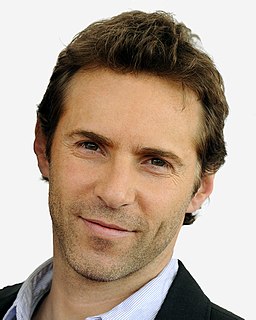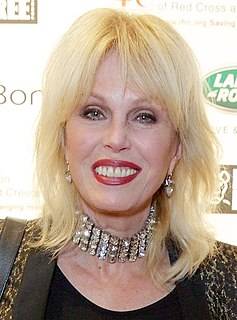A Quote by Elaine de Kooning
I'm more interested in character. Character comes out of the work. Style is applied or imposed on it.
Related Quotes
Life is [perceived as] a series of problems: Either you are in one now,
you're just coming out of one, or you're getting ready to go into another one.
The reason for this is that God is more interested in your character than your comfort.
God is more interested in making your life holy than He is in making your life happy.
We can be reasonably happy here on earth, but that's not the goal of life.
The goal is to grow in character, in Christ likeness.
A woman can be demure, lady-like and the most prim and proper character, and still have a toughness and resiliency as apparent as a superhero-type female character or a warrior or soldier type. It's all about the story, the character, and the course of events in that piece of work and how that character is presented.








































